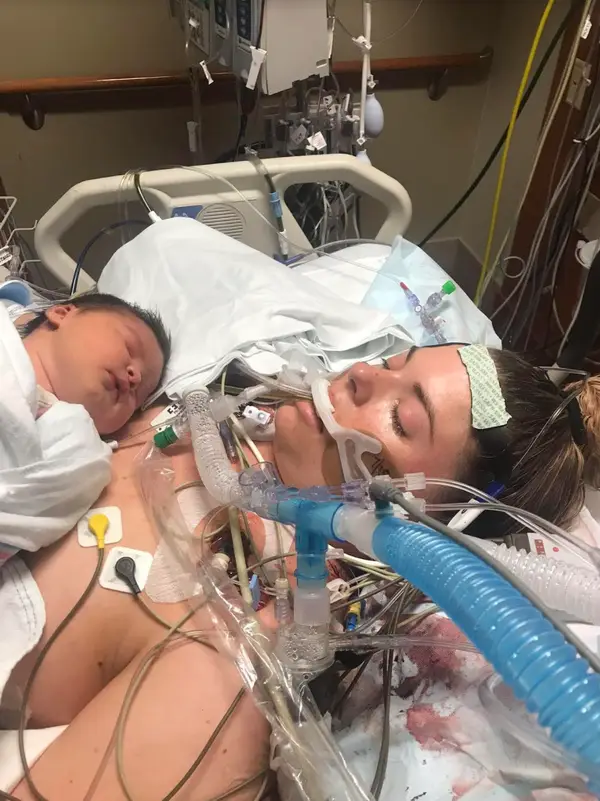Can we save women dying during childbirth ?
Postpartum Hemorrhage -PPH
Postpartum Haemorrhage is a Leading cause of maternal mortality and morbidity. Worldwide 25% of global and 27.7% of Indian maternal deaths are due to PPH.
PPH is defined as Loss of 500 ml of blood within 24 hours of delivery (As per Health Ministry, India) Loss of 1000 ml within 24 hours as per WHO. Severe PPH means more than 1500 ml blood loss or Hb drop of 4 gm/dl.
Causes
4Ts –
1. Trauma during pregnancy or during labor
2. Tone of Uterus after birth i.e. atonic uterus – means uterus remains relaxed in spite of giving necessary medications.
3. Tissue i.e. after child birth placental tissue and membranes not expelled completely. It might be adherent.
4. Thrombin abnormalities i.e. congenital or acquired coagulopathy resulting in inability of blood components to stop bleeding through natural clotting mechanism.

Treatment
Largely depends on cause but patients can make informed decisions proactively by selecting a good, experienced obstetrician and well equipped, reputed maternity unit.
Prevention is better than cure.
1. Maintaining Hb more than 11 gm throughout the pregnancy with normal Iron study parameters suggest enough store of Iron should be pursued at Family physical level and obstetrician level.
2. Knowing blood groups and keeping reserves in the blood bank prior to high risk delivery can prove life saving.
3. Early diagnosis of conditions likely to cause PPH will create red flags and red alerts.
4. Consider all anemic pregnant women as HIGH RISK PREGNANCY and give more attention with respect to counseling and treatment. Identify cases of refractory anemia as early as possible and investigate properly

